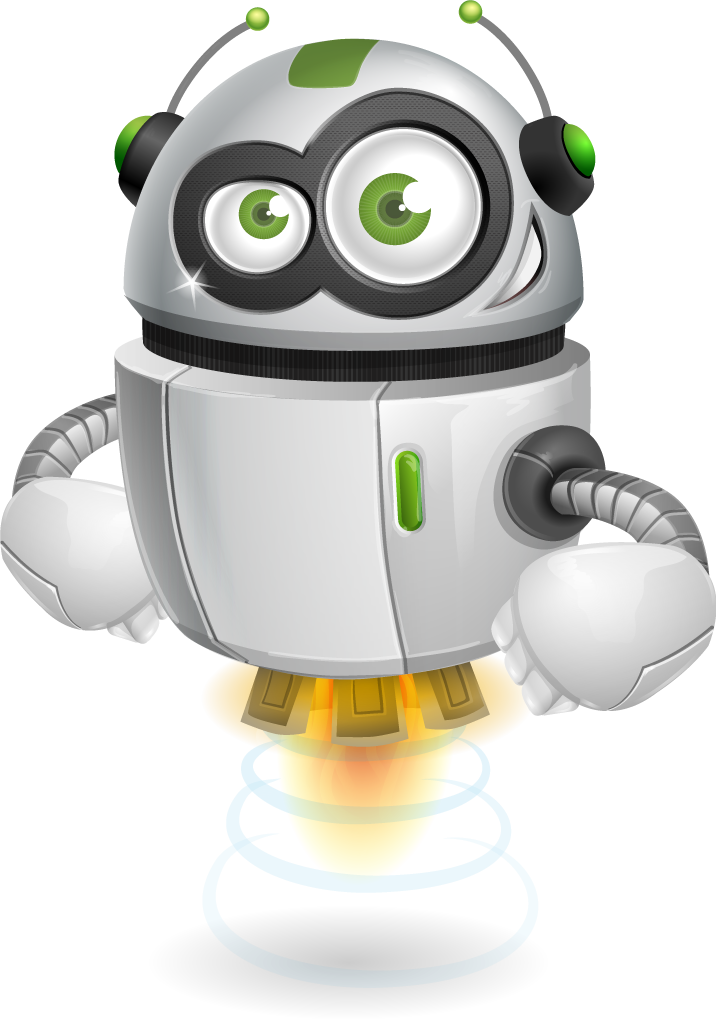TASK 4
Names

You might have been wondering, what happens if two variables have the same name?
It's simple, they can't!
Within one block of code, every variable must have a unique identifier
In the next piece of code, you'll see that we attempted to create two variables called x.
You can name variables absolutely anything, within a few rules:
- The first character is a lowercase letter.
- The name doesn't contain any spaces.
- The name contains only numbers, letters and underscores (
_).
Your task is just to rename one of these variables so that the code can run!


